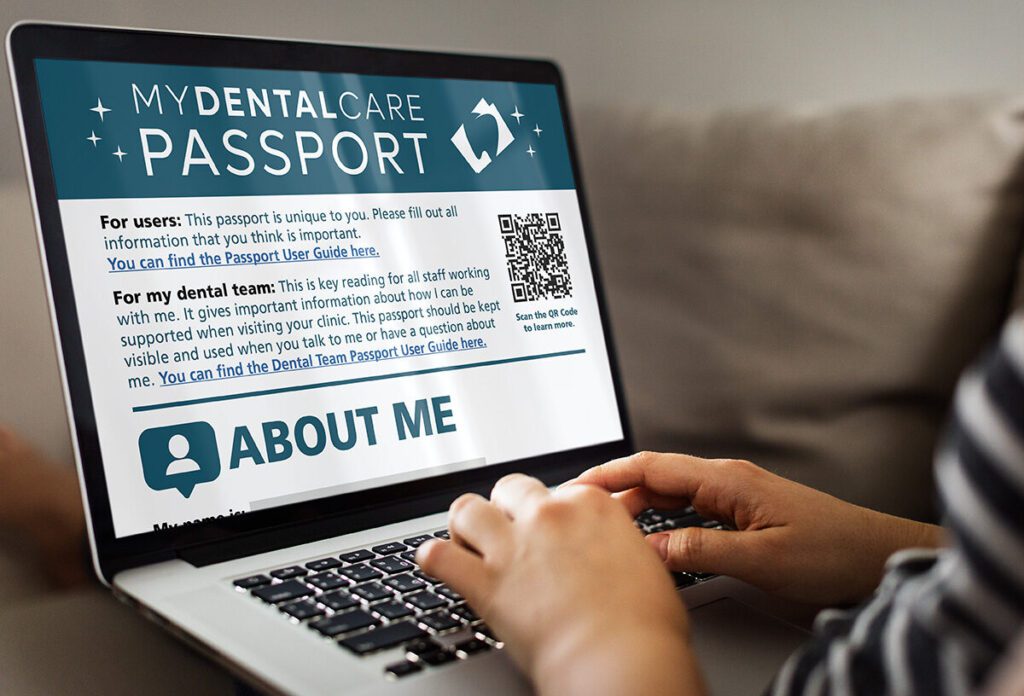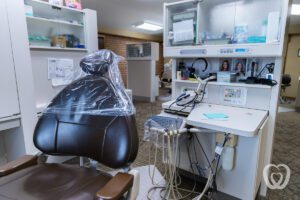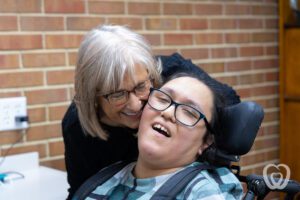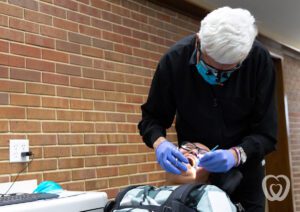Imagine trying to find a dentist who accepts your insurance, understands your needs, and makes you feel safe. Now imagine that the first five offices you call say they can’t help. That’s the reality for far too many Kansans with intellectual and developmental disabilities.
In a state where we pride ourselves on taking care of our neighbors, we’re falling short when it comes to equitable access to oral health. But the good news is that we have a solution. And it starts with listening, learning, and taking action.
We launched Pathways to Oral Health, a statewide initiative and website created specifically to address the challenges individuals with disabilities face when seeking dental care in Kansas. Backed by the Kansas Department of Health and Environment and all three KanCare managed care organizations.
At the heart of the effort is the My Dental Care Passport, a customizable tool that equips individuals and caregivers with a simple way to share needs and preferences with their dental team. From communication styles and comfort items to mobility or sensory considerations, the Passport helps reduce anxiety, foster understanding, and ensure patients are treated with dignity.
This isn’t a brochure. It’s a bridge.
The My Dental Care Passport opens communication and helps build trust between patients and providers, making visits smoother, safer, and more personalized. For individuals with disabilities, it can transform what was once a stressful experience into one that feels respectful, inclusive, and manageable.
But making oral health more inclusive doesn’t stop with patients, it also means supporting the dental teams who care for them.
That’s why Pathways to Oral Health offers more than just education. It provides a full support system for dentists who want to serve KanCare patients but may feel overwhelmed by the process. Through our Dental Medicaid Facilitator (also known as the KanCare Concierge), we walk providers through every step from enrollment and billing to understanding disability-inclusive care practices.
We also address misconceptions that too often prevent dentists from saying yes to KanCare. Serving Medicaid patients doesn’t mean sacrificing your practice’s efficiency or sustainability. In fact, with the right tools and support, it’s an opportunity to expand your reach, boost loyalty, and become a leader in equitable care.
Oral health isn’t a luxury. It’s a gateway to better health, greater confidence, and higher quality of life. And for Kansans with disabilities, it’s often the difference between dignity and distress.
When we expand access through advocacy and support, we’re not just filling cavities—we’re building a stronger, more compassionate Kansas. One where everyone, regardless of ability or income, has the chance to feel seen, heard, and cared for in the dental chair.
So if you’re a provider, I urge you to say yes to KanCare. If you’re a policymaker, help us reduce red tape and increase support. And if you’re a family member or caregiver, know that you have resources and a community ready to stand with you.
Visit www.PathwaysToOralHealth.com. Download the Passport. Share it with someone you know. Together, let’s make oral health accessible to all.
Because everyone deserves a healthy smile and that begins with us.




